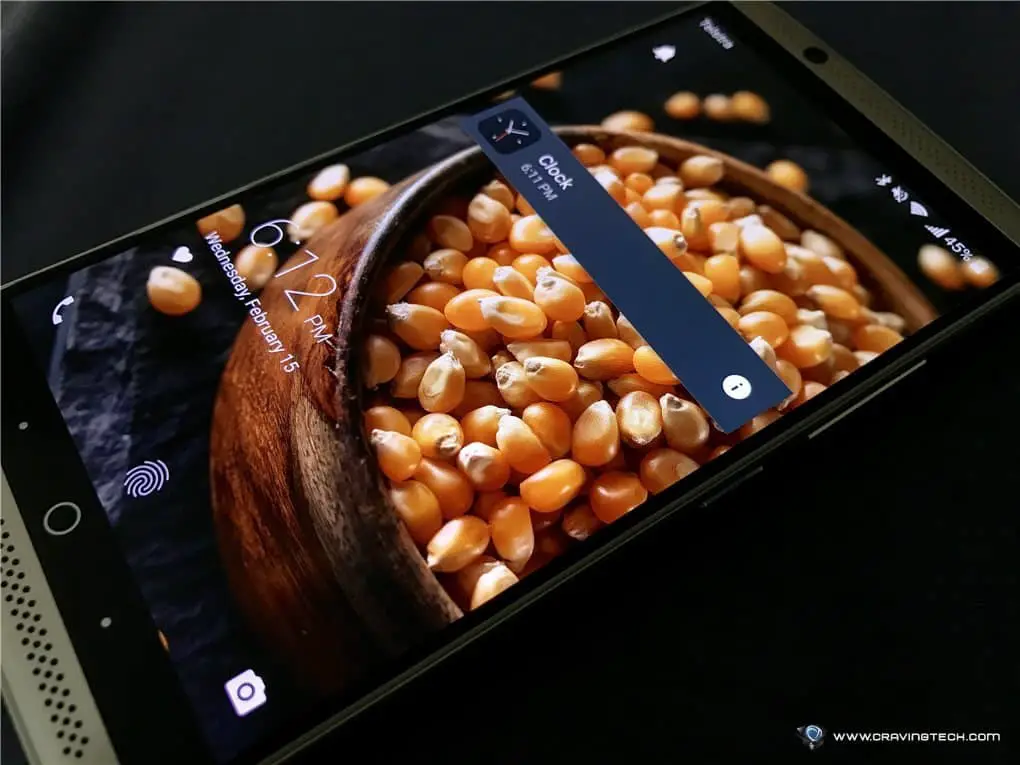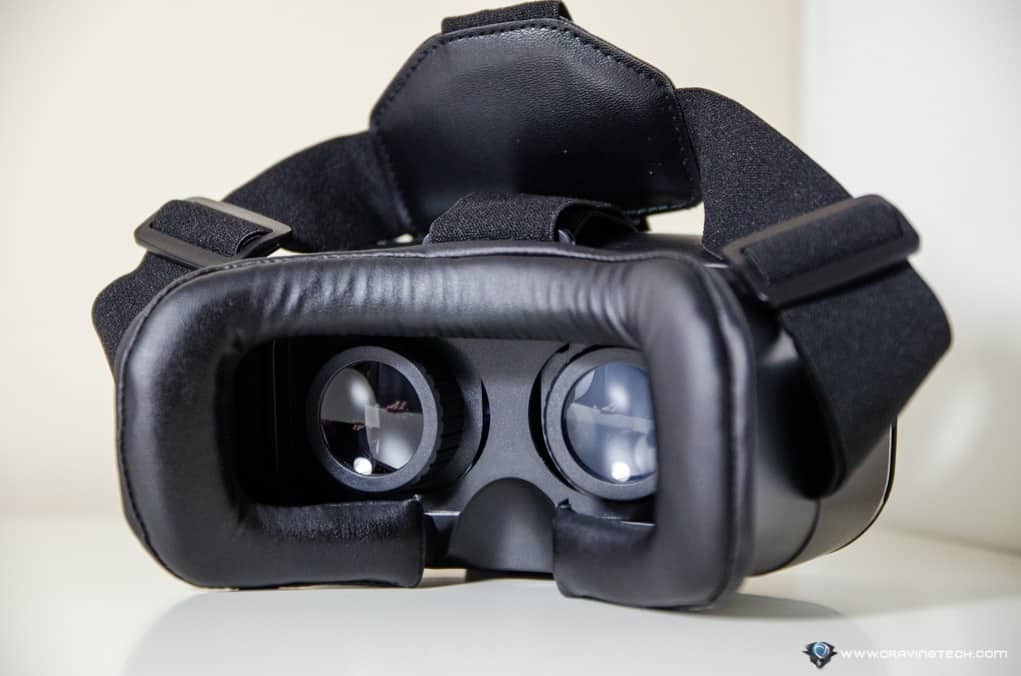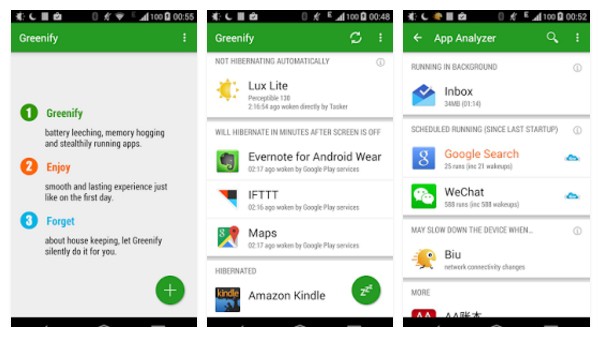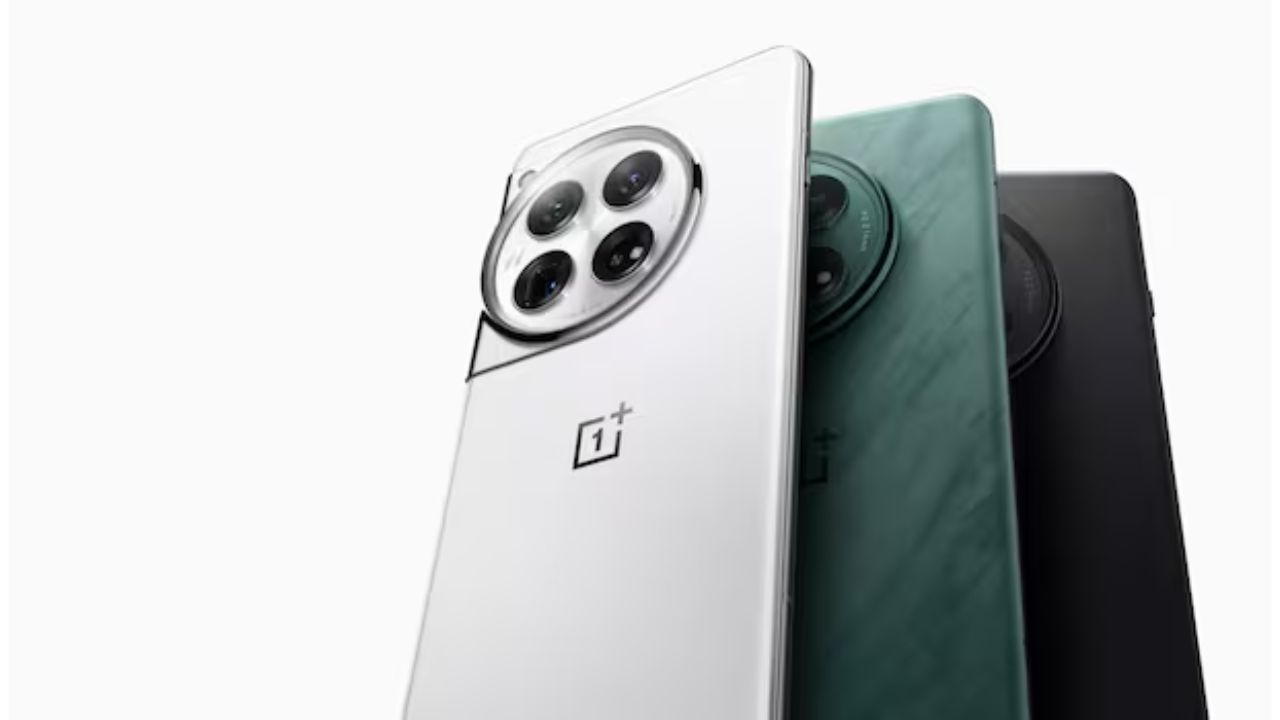Note: This is a guest post written by Richard B

As a general rule, Android phones are hardy little things and rarely experience big problems. Part of the reason we all love Androids so much is that they’re easily customisable, easy to use, and very reliable. But if you’re experiencing overheating problems, then you’ve got a right to be worried.
There’s nothing worse than a phone that suddenly gets hot, or in the very worst case switches itself off because it’s too hot. So today we’re taking a look at overheating and what we can do about it…
A Note About Phone Age
We’ll get into specifics in a moment, but first we need to talk about the age of your phone. Older phones are, obviously, more likely to experience problems, and overheating is a common issue. This is because as newer OS versions and apps come out they tend to be designed for new models with better processing power, memory, and batteries. Once your phone is over around five years or so old those newer OS versions and apps are more likely to tax the internals, resulting in overheating.
If this happens occasionally it’s probably not a huge issue, if it happens regularly though your best bet is going to be getting a newer model (or limiting the updates that you download and settling for using older apps).

If you’ve got a super new model and overheating is a regular occurrence then chances are that there’s a mechanical problem and you should make a warranty claim and send your mobile back to the manufacturer for checking. For more occasional stuff though, you might want to check out some of the below causes.
Connection Issues…
Bluetooth and WiFi connections shouldn’t make your phone overheat, and if you’re getting these problems then you probably need a check up or a new phone. However, there are exceptions to this rule. If you’ve been connected to that Bluetooth speaker all day, or you’ve been sitting at your desk surfing the net on your phone for the last four hours, then yes, it’s reasonable that your phone overheats.
The fix is simple. Switch your phone off and let it cool down. And in the future, maybe limit your Bluetooth and WiFi times to a couple of hours or so….
Processor Intensive Tasks…
One of the biggest culprits around for overheating Androids is taxing your phone’s processor. And there are usually two big things that do this. One of these is the camera, especially the more modern 4K video or VR capable cameras. Taking pics and short videos should NOT overheat your phone (again, this is symptomatic of a larger problem).

But setting up that 4K video cam to record a twenty minute concert set or something does stand a chance of warming things up. Limit your video recording in high definition to ten minute slots (which some phones do automatically anyway) and you shouldn’t have an issue.
The second general cause is gaming. High end, graphics intensive gaming will eventually cause your phone to overheat. We know you don’t want to hear this, but we’re going to say it anyway, your phone is NOT a gaming console. If you want to play top end video games for long periods of time then you need to invest in a console and stop abusing your phone!
On the other hand, thirty minutes or so of any kind of gaming shouldn’t be an issue, so if your phone can’t make it that long then you’re going to need a check up at the least and possibly even a newer, more powerful model.
The Casing…
Usually, a good case for your mobile is a solid buy. You’ll protect your phone from dust, dirt, water, and even breakages, and we generally recommend that a case is one of the first accessories that you purchase. But cases can contribute to overheating. Phones get warm as they work, that’s a fact of life, and that heat needs to dissipate. If you’re cladding your mobile in a thick, plastic case with little ventilation then eventually your phone will overheat.
There are two solutions to this problem. Firstly, look for cases that allow ventilation, and that are thinner plastic (whilst still being sturdy enough to protect your mobile, of course).
Secondly, if you’re planning on doing something that will overheat your mobile (like taking that 4K video or playing those graphic intensive games) then take the case off if you’re able. If you’re sitting in bed playing a game then the case probably isn’t necessary anyway, and at least your phone will be able to get rid of some of the heat it’s creating…
Miscellaneous Causes…
There are a few other things that could be causing overheating. One of these is viruses. Android viruses are relatively rare, but it’s not impossible that you’ve picked something up (especially if you’ve been downloading apps from outside of the approved app store). If none of the above are your problem it could be worth running a virus scan on your phone just to double check that there’s nothing untoward going on or any sort of ransomware that is known to slow your phone down.
There may also be a problem with your battery. If you’ve got a removable battery then try replacing it with another to see if this is the cause. If you’ve got a non-removable battery then this is more of a problem, since only a check up with the manufacturer can diagnose issues. Should overheating regularly occur when you’re charging your phone then your charger cable might be to blame.
Try switching out cables and plugs, and remember only to ever use a certified charger from your phone’s manufacturer (not the cable for your digital camera or something else).
Finally, you could be overheating because apps are running in the background, though this isn’t very common. Try downloading Greenify, a free app that will let you see where resources are going so that you can close down sneaky apps that run in the background.

Hopefully, your problems are all solved now, but if they’re not we highly recommend getting your phone checked out by a certified repair service. Overheating phones are no fun, but they can get dangerous, so better safe than sorry.






